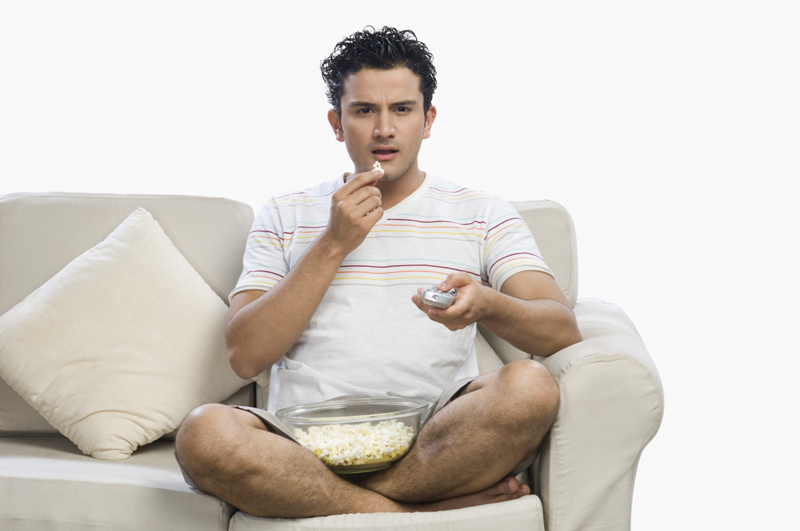It’s quite easy to forget about those free snack samples at the supermarket, or those nibbles to “taste” how the food preparation is going, or even those quick scoops of dessert from your partner’s plate. These unacknowledged extras can quickly add up and get in the way of your weight loss and health. The solution? Maintain a food journal.

Here are some fascinating self-discoveries that will come to light while maintaining a food journal.
1. Your dining companions affect your eating habits
One thing that becomes unavoidably clear is that you tend to eat more with friends who are foodies? The company you keep definitely affects your eating habits and the amount of food you eat. On the other hand, you tend to eat more nutritious food when you’re with health conscious people. The bottom line is, once you know and understand the factors that contribute to your eating habits, you can keep some factors under control. Perhaps you could even encourage your foodie friends to join your journey to good health.

2. How much you really eat
Eating is often mindless. If you’re distracted while eating — whether by work, carrying on a conversation with someone or watching TV – it’s easy to lose track of what and how much you’ve eaten. Recording your intake forces you to really pay attention and offers a much-needed reality check in real time. This is a great way to make changes to your habits as required.
3. Why you eat even when you’re not hungry
Recording not just what and how much you eat but also how you feel emotionally at meal times will make you realise that you mostly eat to pass the time when procrastinating, simply out of habit, to feel better emotionally or while watching TV. These are subconscious patterns that need correction and is commonly called ‘emotional eating’. It’s not uncommon to eat as a method to overcome stress, but this doesn’t actually solve the problem. Keeping a journal of this information can provide some valuable insights and a close watch on this intake will surely help you understand how to curb the problem.

4. How you feel after you eat
One of the most important insights you can gain from food journaling is connecting what and how you eat to how your body feels afterwards. There is a great chance that having a veggie-packed salad topped with quinoa, lean protein, and avocado for lunch can be an extremely satisfactory while heating up a frozen processed “diet” meal could leave you feeling grumpy, sluggish and unmotivated. A journal can keep track of this and help you make better decisions with food later on.

5. If our perceptions match reality
You might think you eat plenty of fruits and vegetables or drink sufficient water, but once you begin to track your eating patterns you’ll find out how far off your own perceptions are from reality. Don’t feel bad though, it’s essentially basic human nature – we enjoy recalling our successes and perhaps even end up exaggerating them a little. But it’s these little white lies that actually hold you back from reaching your nutritional goals.

The point of writing everything you eat in a food journal is not to judge or police yourself; it’s to learn about yourself. Learning and retaining that awareness, without judgment, is a major first step toward adopting healthy changes that can progress and develop into healthy eating habits. All of this because you made a conscious effort to look after yourself.
Source: health.com





 1800-270-7000
1800-270-7000




